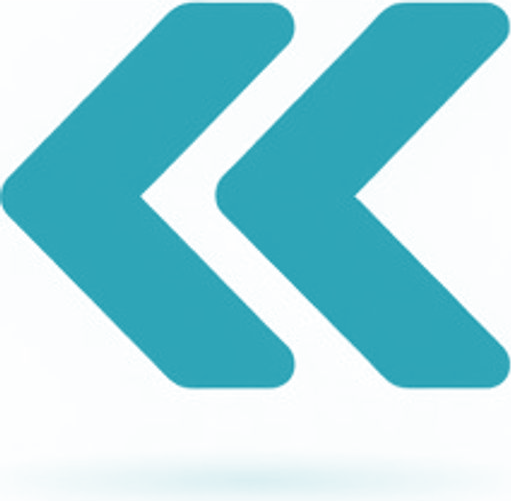
Healthcare Software Revolution: How Medical Device Apps Are Transforming Patient Care
Here's a concise and valuable rewrite focused on SaMD:
Software as a Medical Device (SaMD) refers to software intended for medical purposes that functions independently of any hardware medical device. The global SaMD market is projected to reach $8.2 billion by 2027, growing at a CAGR of 11% from 2021.
Key Characteristics of SaMD:
- Runs on general-purpose computing platforms
- Functions without requiring hardware medical devices
- Can interface with other medical devices and software
- Used for diagnosis, treatment, or monitoring of medical conditions
Types of Medical Device Software:
- Software as a Medical Device (SaMD) - Standalone software for medical purposes
- Software in a Medical Device (SiMD) - Embedded software controlling medical devices
- Manufacturing/Maintenance Software - Used in device production and upkeep
SaMD Classification Categories:
- Category IV: Critical conditions with high impact on patient care
- Category III: Serious conditions requiring immediate attention
- Category II: Non-serious conditions needing regular monitoring
- Category I: Low-risk conditions with minimal impact
Benefits:
- Patients: Improved access to care, personalized treatment, better outcomes
- Clinicians: Enhanced decision-making, increased efficiency
- Healthcare Systems: Reduced costs, improved quality of care
Safety and Security Measures:
- Regulatory compliance
- Data encryption
- Rigorous testing
- Access controls
- Regular updates
- Privacy standards adherence
- Cybersecurity protocols
Future Trends:
- AI integration
- Telemedicine expansion
- Wearable device integration
- Blockchain security
- Real-time analytics
[Original images maintained in their positions]
For effective implementation, organizations must ensure compliance with FDA regulations and international standards while maintaining robust security measures and regular updates.
FAQs included clarifying non-SaMD software, IEC 62304 standards, and quality management processes.
Related Articles

10 Technologies Revolutionizing Modern Home Healthcare in 2024

